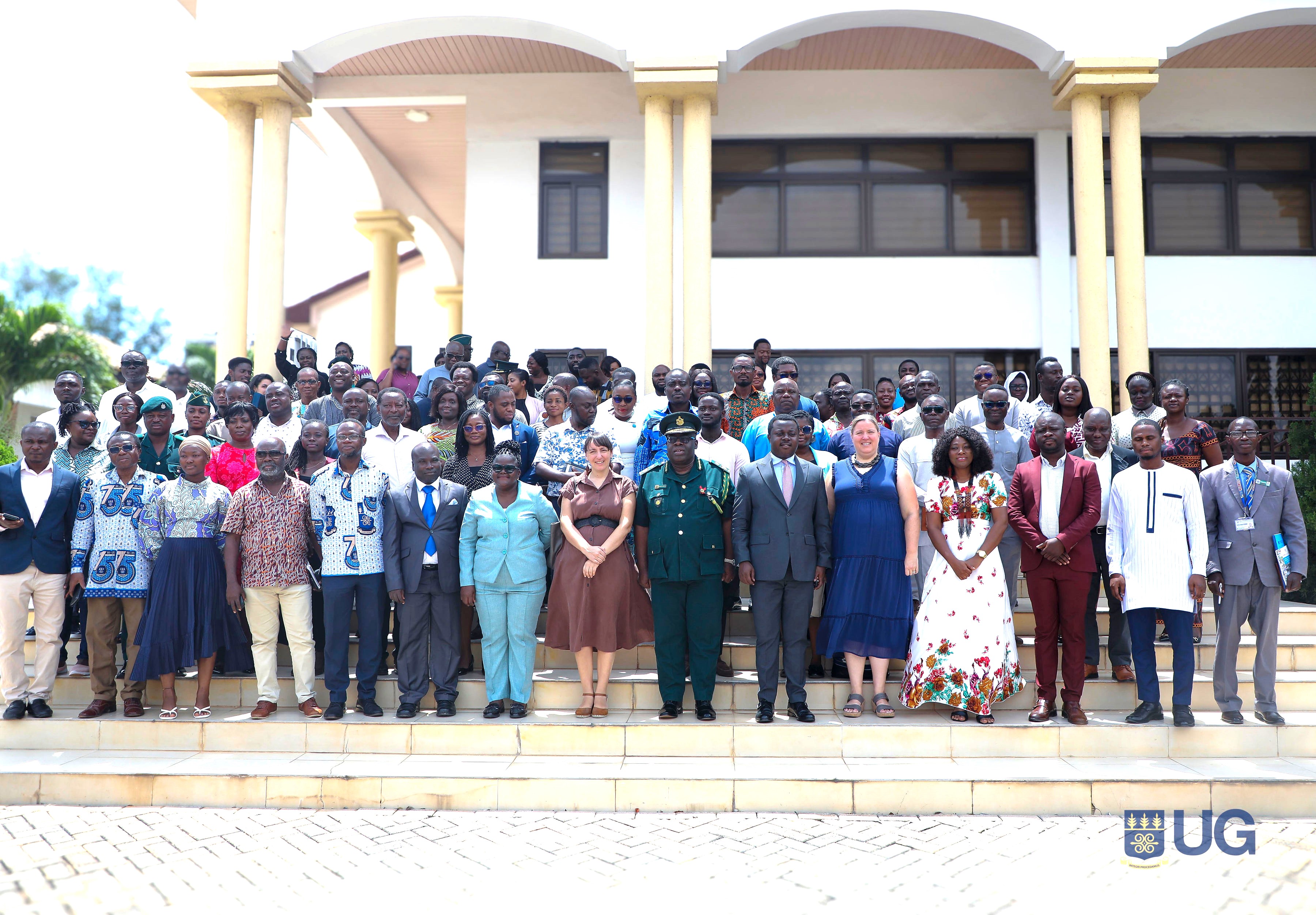Centre for Migration Studies and Partners Unveil Evidence to Address Climate Change, Displacement and Gender Inequality
The Centre for Migration Studies (CMS) at the University of Ghana has partnered with the European Union (EU) and the International Development Research Centre (IDRC) to present new research on the pressing intersections of forced displacement, climate change, and gender inequality.
The findings, unveiled at a recent conference, offered evidence-based strategies for supporting vulnerable communities and guiding policy development in Ghana. The findings stem from the EU-funded Resilience Against Climate Change-Social Transformation Research and Policy Advocacy (REACH-STR) project, part of the EU Ghana Agriculture Programme (EUGAP).
The three-day event brought together policymakers, researchers and international stakeholders under the theme “Addressing Intersecting Crises: Forced Displacement, Climate Change, and Gender in Social Transformation.”
Ghana’s Deputy Minister for Education and Member of Parliament for Assin South Constituency, Hon. Rev. John Ntim-Fordjour, who was Guest of Honour at the opening of the conference, praised CMS for its efforts in leading research that seeks to address these urgent issues, noting that the research offers the government essential insights for policymaking.
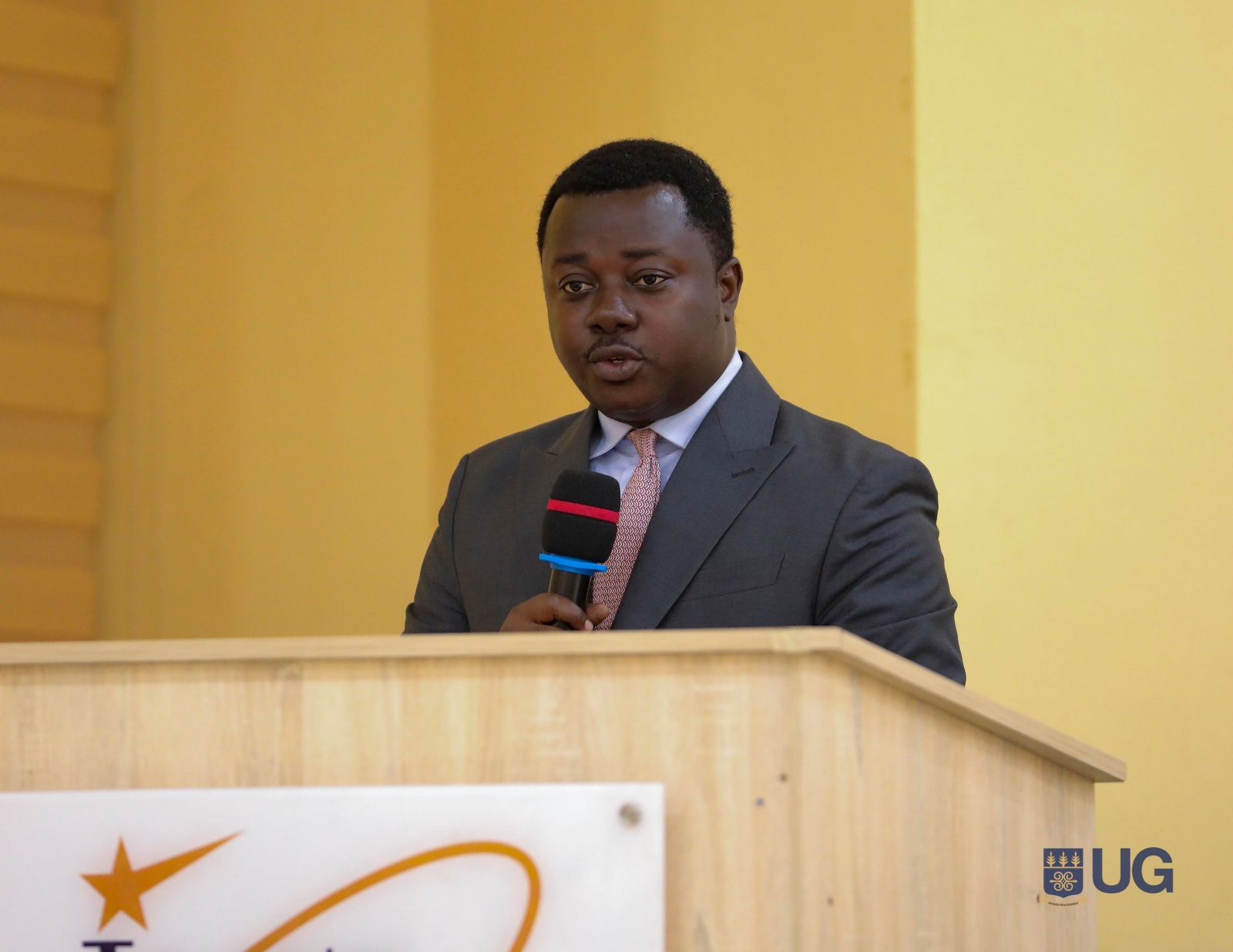
“The Centre’s efforts, with the support of the EU and IDRC, give us the tools to tackle the challenges of climate shocks and displacement effectively,” he said. “Research that deeply examines these issues allows us to craft policies that ensure our communities can better withstand the pressures of climate change and migration.”
The IDRC Research Chair on Forced Displacement in Anglophone West Africa and Director of the Centre for Migration Studies, Prof. Mary B. Setrana, in presenting an overview of the project, outlined its unique approach to understanding the social transformation needed to support sustainable development, especially for rural and marginalised groups facing climate-related pressures.
“Our project delved into the complex conditions that enable social transformation for inclusive rural development,” Prof. Setrana revealed. “Examining the effects of forced displacement, climate change, and gender inequality has led to the generation of data that policymakers can use to embed sustainable practices in their response strategies.”
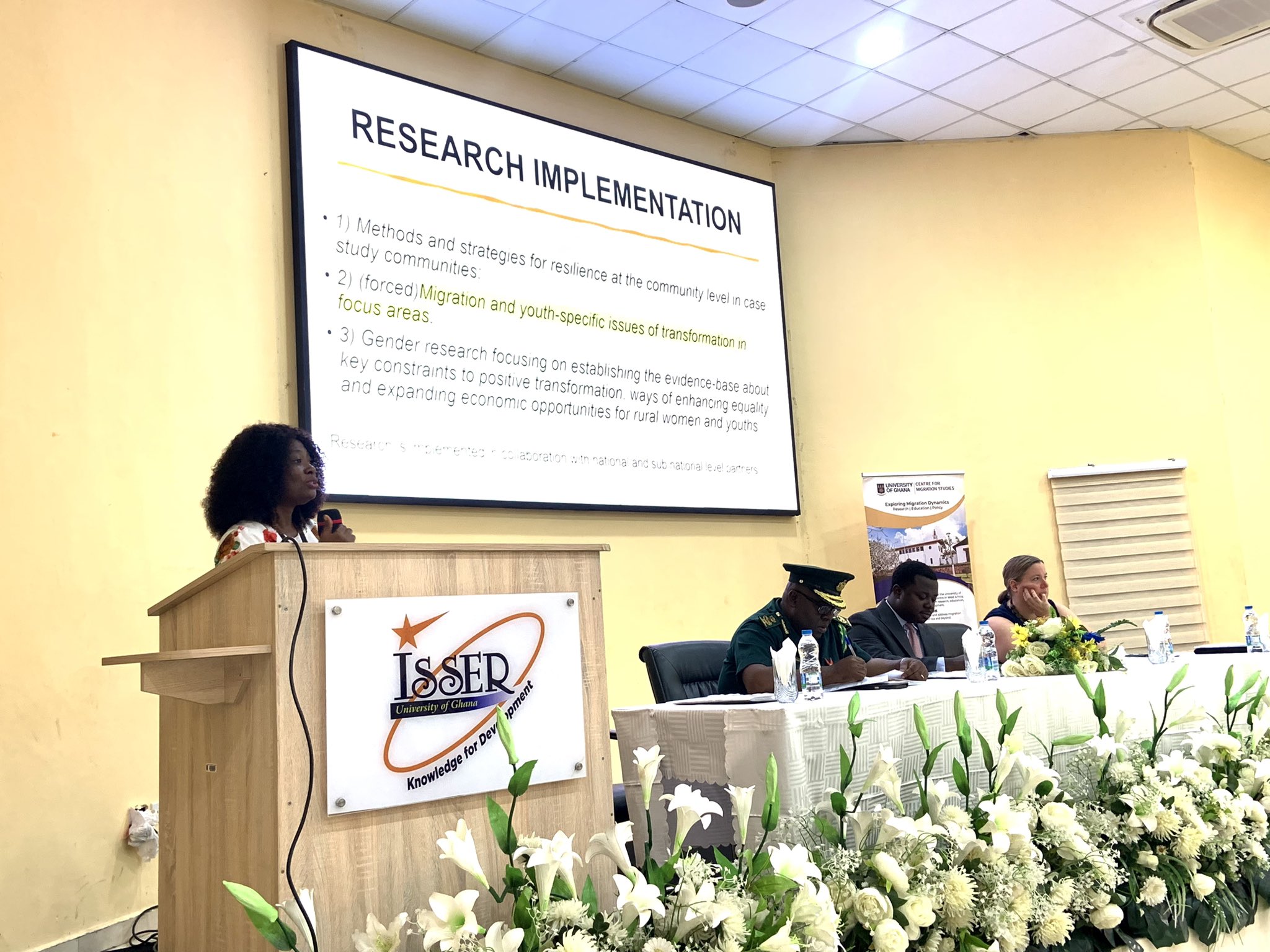
According to her, the REACH-STR project has supported training for a new generation of researchers, producing PhD, MPhil, and Master’s graduates who are equipped to address these intersecting crises in their respective fields. “Through this initiative, we are striving to influence policy and also build capacity among young professionals who will lead future research on climate resilience and displacement,” Prof. Setrana added.
Programme Officer for Migration - EU Delegation, Ms. Silvia Tizzi, reaffirmed the EU’s commitment to backing research that helps design policies addressing forced migration’s root causes. “The EU recognises the vital role that academic institutions and researchers play in creating data-driven strategies that impact real lives,” Ms. Tizzi said.
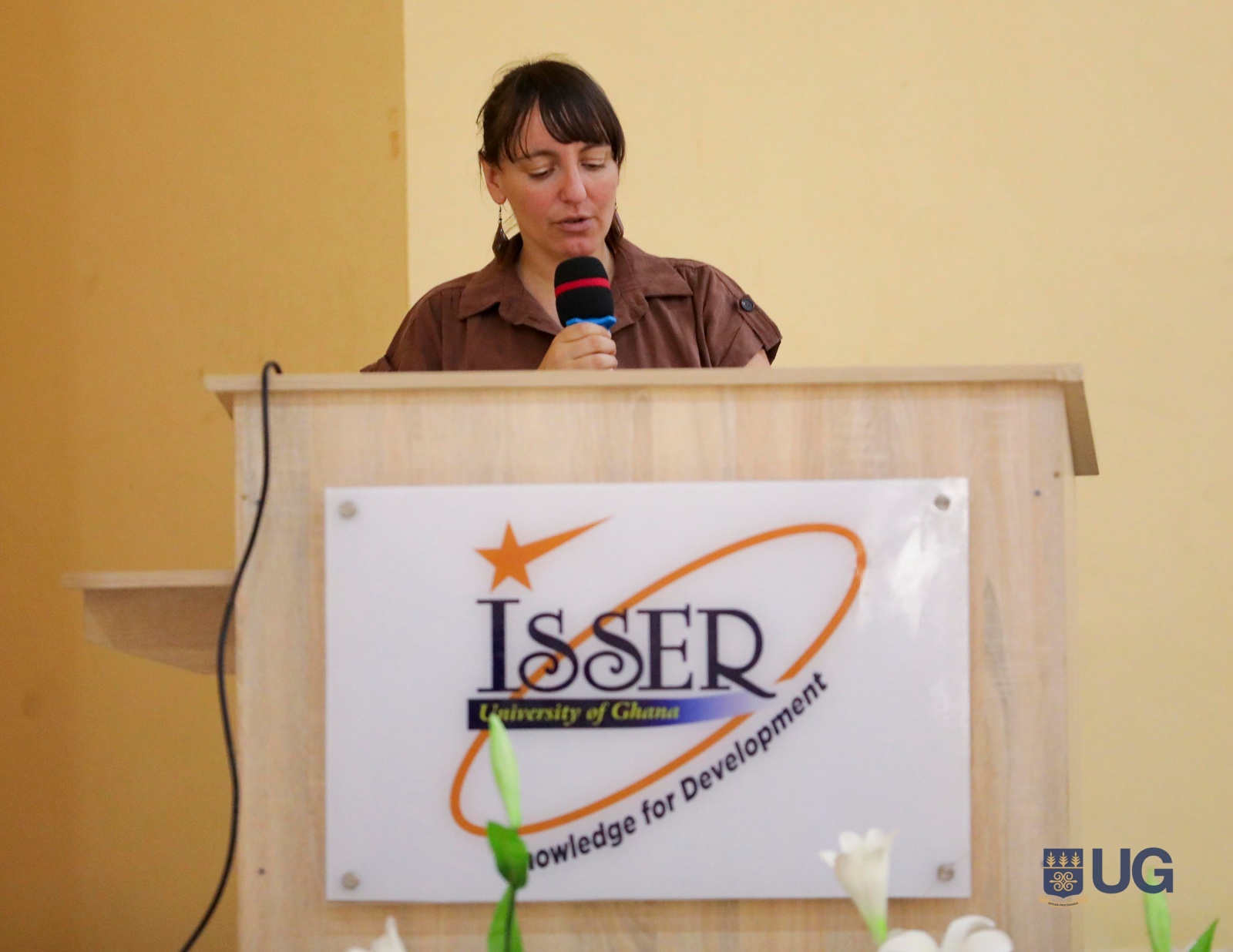
In her remarks, Mrs. Kathleen Flynn-Dapaah, Director and Head of Cooperation at the Canadian High Commission, called for increased efforts to mitigate the impact of climate change on women and children, noting that they often bear the brunt of forced displacement crises.
She affirmed that the International Development Research Centre (IDRC) will continue backing initiatives aimed at researching these intersections to inform policies that address these vulnerabilities directly. “The IDRC remains committed to supporting research that leads to actionable solutions for those most affected by the intersecting crises of climate change and forced displacement,” she mentioned.
Mr. Isaac Owusu Mensah, Deputy Comptroller General of the Ghana Immigration Service with oversight responsibility for Finance and Administration, highlighted the need for policies that prioritise the gendered impacts of displacement. “Women and girls often face unique challenges in displacement scenarios,” he noted.
“To address these issues, we need humanitarian policies that account for gender-specific risks and support equal opportunities in education and employment,” Mr. Mensah reiterated.
The conference featured a range of discussions on governance, gender-responsive strategies, and climate resilience, highlighting a collaborative approach to policymaking.
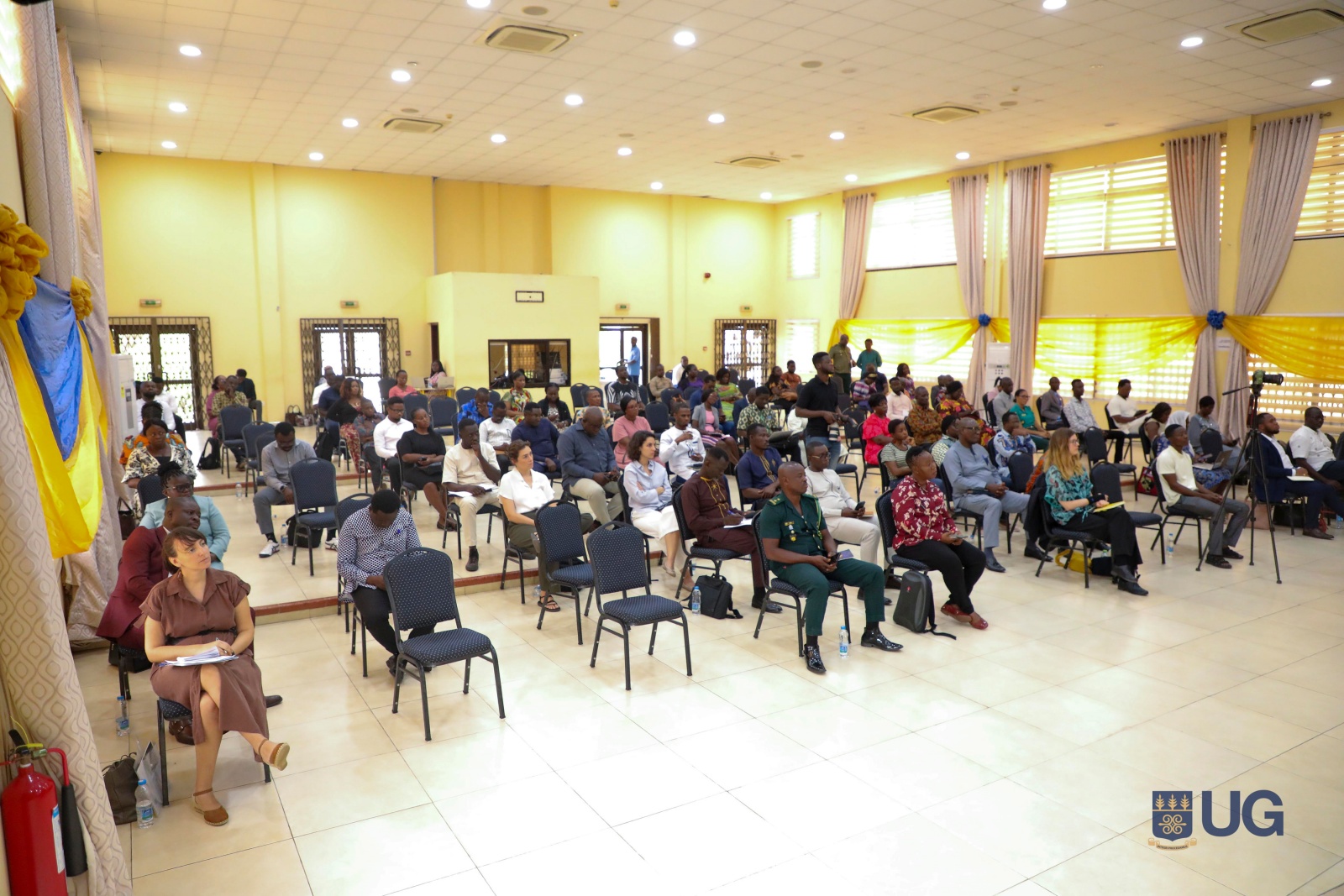
With growing climate pressures and migration flows, the Centre and its partners aim to drive policies that build resilience and offer support for those most affected by these intersecting challenges.
As part of the sessions, a roundtable on the theme was moderated by Prof. Mary Boatemaa Setrana and Dr. Ebenezer Nikoi. The panel featured experts including Dr. Portia Adade from CSIR, Mr. Charles Kwenin of IMPRAC, Mrs. Roselyn Fosuah Adjei from the Forestry Commission, Mr. Tetteh Padi from the Ghana Refugee Board (GRB), and Mr. Kofi Osei from NADMO, each of whom provided insights into how climate change and forced displacement disproportionately impact vulnerable groups, especially women.
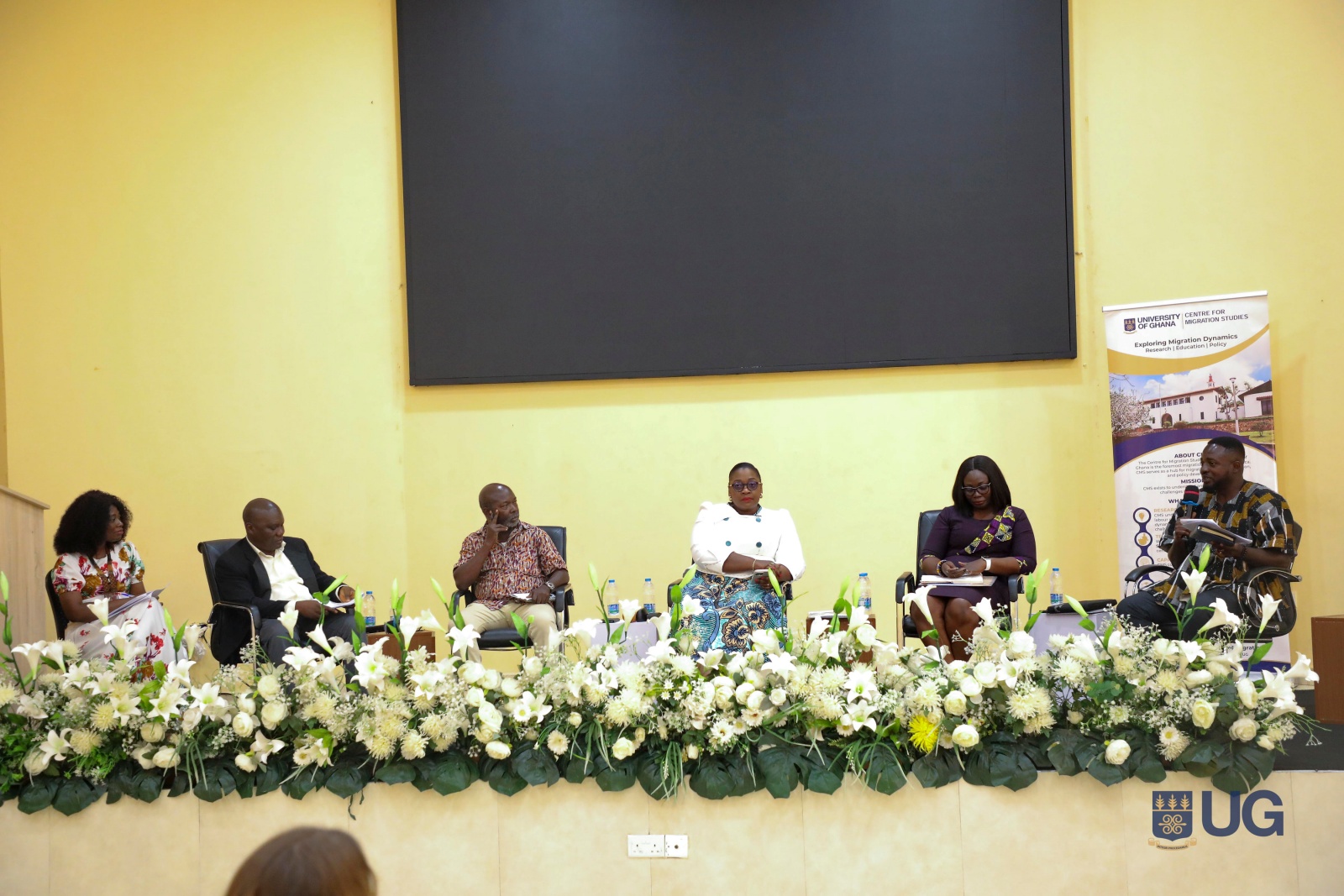
Another session featured the presentation of key research findings by partners, chaired by Mr. Francis Ansong of USAID’s Peace through Evaluation, Learning, and Adaptation Activity II (PELA II). Contributions came from Mr. Abdalla Mahama of CSIR, Dr. Francis Jarawura of SDD-UBIDS, and Dr. Thomas Yeboah from CMS-UG, who shared findings focused on climate resilience, forced displacement and gender-responsive frameworks.

